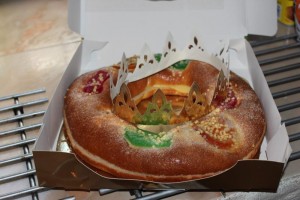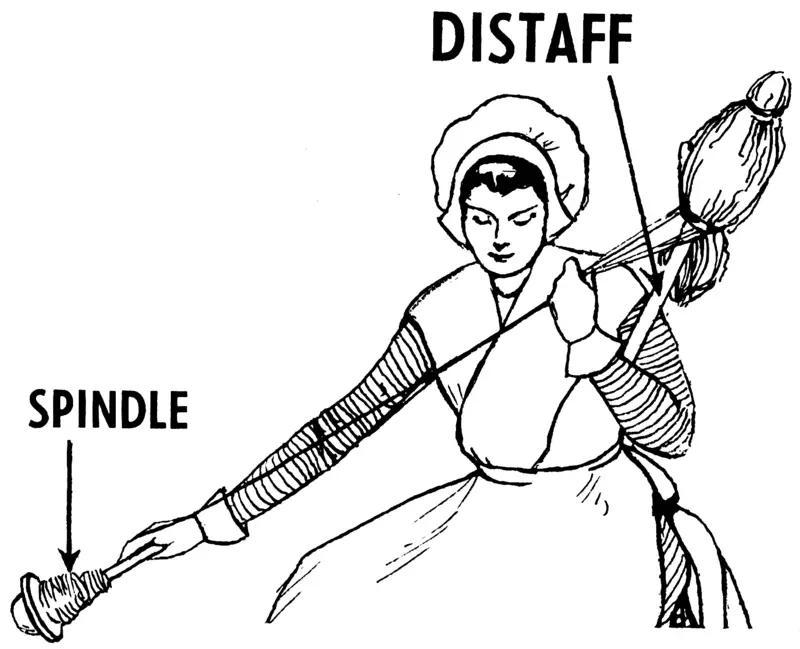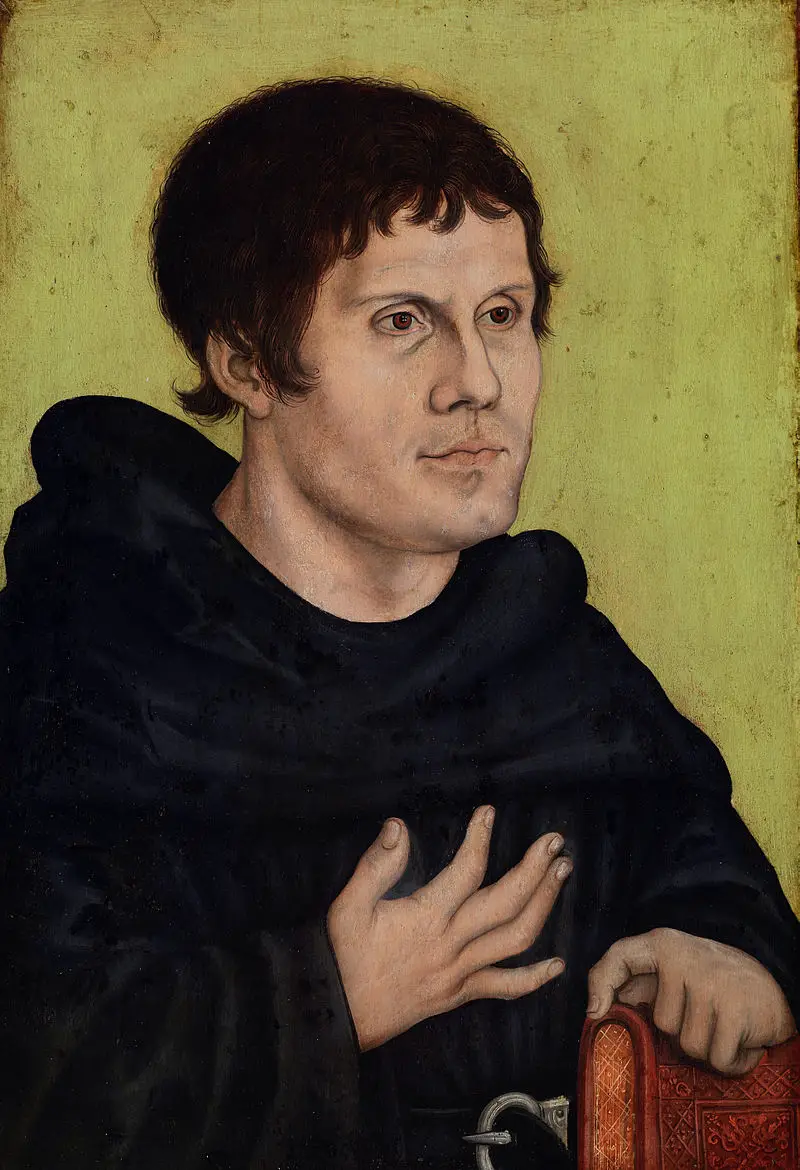I've noticed lots of comments from people on social media saying how they've taken down their Christmas trees and decorations and got back to normal. For many people around the world today, the Christmas period was over with New Year, but Christmas in the Tudor period ran for twelve days, Christmas Day to Epiphany on 6th January, the feast day which was a commemoration and celebration of the visit of the Magi to the Christ child.
Twelfth Night and Epiphany were marked with feasting and entertainment. But when exactly is "Twelfth Night"? Is it 5th or 6th January? There isn't really any agreement over this and an article in The Guardian newspaper examined this question:
"So when is Twelfth Night? The Epiphany – the Christian feast to mark the visit of the three kings (or Magi) to the baby Jesus – is 6 January. If you count from Christmas Day, the 12th night is 5 January – the eve of the Epiphany. But some say you should count the 12 days after Christmas, which takes you to the 6th. People treat either the 5th or 6th as the day to celebrate, and there are equal claims that each is Twelfth Night..."
And the Oxford Dictionary gives two definitions for "Twelfth Night":
"1. 6 January, the feast of the Epiphany.
1.1 Strictly, the evening of 5 January, the eve of the Epiphany and formerly the twelfth and last day of Christmas festivities."
In The English Year, Steve Roud writes of how "in earlier times, 'Twelfth Night' meant 5 January, i.e. the Eve of Twelfth Day, in the same way as Christmas Eve precedes Christmas Day. But nowadays, most people regard 'Twelfth Night' as meaning the evening of Twelfth Day (6 January)."
 Here in Spain, tonight, the night of 5th January, is very special. The tradition of Father Christmas, or Papa Noel as he is called here, has crept in over recent years, but it is 5th/6th January when children here get most of their presents. During the night of the 5th the "Reyes", the Kings, visit homes and leave present for good children. Those who've been naughty might be left coal instead. Tonight, in our village, the Kings will arrive on the back of a truck and we will process behind them through the cobbled streets collecting the sweets that they throw out to the crowd. We then go to our local theatre where the children are called up to the stage one-by-one to be given a present from the King. It is a lovely tradition.
Here in Spain, tonight, the night of 5th January, is very special. The tradition of Father Christmas, or Papa Noel as he is called here, has crept in over recent years, but it is 5th/6th January when children here get most of their presents. During the night of the 5th the "Reyes", the Kings, visit homes and leave present for good children. Those who've been naughty might be left coal instead. Tonight, in our village, the Kings will arrive on the back of a truck and we will process behind them through the cobbled streets collecting the sweets that they throw out to the crowd. We then go to our local theatre where the children are called up to the stage one-by-one to be given a present from the King. It is a lovely tradition.
Tomorrow, Spanish children will enjoy their gifts and there will be feasting. Families will also enjoy the Roscón de Reyes (Kings' Cake). In the one we buy from the supermarket or baker there are two objects hidden in the cream filling: a bean and a king. The instructions included with the cake explain that the person who finds the bean has to pay for the cake and the person who finds the king is crowned King of Epiphany and must wear the paper crown that is included with the cake. The person crowned king will enjoy good luck for the rest of the year. This Epiphany cake is a tradition that Tudor people would recognise because they also shared a Twelfth Night Cake. Inside this cake was hidden a dried pea, or bean, and the person who found the bean/pea in their slice of cake became the Lord of Misrule, or King, at the feast. Games were played, carols were sung and people also went wassailing to spread goodwill throughout their community.
Robert Herrick, the 17th century poet, wrote of the celebrations in his poem "Twelfe Night":
Now, now the mirth comes,
With the cake full of plums,
Where Bean's the king of the sport here;
Besides we must know,
The pea also
Must revel, as queen, in the court here.
Begin then to choose,
This night as ye use,
Who shall for the present delight here,
Be a king by the lot,
And who shall not
Be Twelfth-day queen for the night here.
Which known, let us make
Joy-sops with the cake;
and let not a man then be seen here,
Who, unurg'd, will not drink,
To the base from the brink,
A health to the king and queen here.
Next crown the bowl full
With the gentle lamb's-wool
Add sugar, nutmeg, and ginger,
With store of ale too;
And thus ye must do
To make the wassail a swinger.
Give then to the king
And queen wassailing;
And, though with ale ye be wet here,
Yet part ye from hence
As free from offense,
As when ye innocent met here.
A.H. Bullen, in "A Christmas garland; carols and poems from the fifteenth century to the present time" (1885), writes "A bean and pea were enclosed in the Twelfth-cake. When the cake was divided, he who got the slice containing the bean was king of the feast, and the girl to whose lot the pea fell was queen", so there were obviously variations of the tradition.
As I said, in Tudor times Epiphany was a time for celebration, a last blast before getting back to normal, and it was celebrated in style at the royal court with masques, pageants and plays. In 1494, in the reign of Henry VII, there was a great banquet followed by "a playe, with a pageant of St george with a castle" and then a disguising and dance. At Epiphany in 1512, in Henry VIII's reign, something very exciting happened at court, an entertainment that chronicler Edward Hall described as "a thyng not seen afore in Englande". It was a "masque":
"On the daie of the Epiphanie at night, the kyng with a. xi. other were disguised, after the. maner of Italie, called a maske, a thyng not seen afore in Englande, thei were appareled in garmentes long and brode, wrought all with gold, with visers and cappes of gold & after the banket doen, these Maskers came in, with sixe gentlemen disguised in silke bearyng staffe torches, and desired the ladies to daunce, some were content, and some that knewe the fashion of it refused, because it was not a thyng commonly seen. And after thei daunced and commoned together, as the fashion of the Maske is, thei tooke their leaue and departed, and so did the Quene, and all the ladies."
Tudor Society members can find out more about this masque, and why it was different, along with other court revels in my talks The English Court Maqsque Part I and The English Court Masque Part 2.
In The Stations of the Sun, Ronald Hutton writes of how "it was the tradition by 1500 for the monarchs to make offerings symbolizing their spiritual kinship with the Wise Men" and he writes of how Henry VII made offerings of gold, frankincense and myrrh and that James IV gave three gold crowns. This tradition is carried on today. The official website of the British Monarchy states that "A service of Holy Communion is celebrated on 6 January (Epiphany) each year in the Chapel Royal, St James's Palace, when an offering of gold, frankincense and myrrh is made on behalf of The Queen" and it also says that "According to Psalm 72, the Wise Men were three kings, so it was fitting that an earthly king should make an offering at Epiphany. It became a crown-wearing day in the 15th century, and the Sovereign always attended the ceremony in person." I think it's wonderful that the tradition of the monarch giving these gifts at Epiphany is still alive and well today after hundreds of years.
It is often said that you should take your Christmas decorations down by Twelfth Night and that if you don't then you have to leave them up all year. However, fear not, medieval tradition is on your side and you can keep them up until Candlemas Eve (1st February). Click here to read more about that tradition.
Notes and Sources
- "Twelfth Night: a day for literary epiphanies", The Guardian, Tuesday 6th January 2015, http://www.theguardian.com/books/booksblog/2015/jan/06/twelfth-night-liteary-epiphanies
- Oxford Dictionary, http://www.oxforddictionaries.com/definition/english/twelfth-night
- Roud, Steve (2006) The English Year, p.10-11.
- http://www.hymnsandcarolsofchristmas.com/Hymns_and_Carols/now_now_the_mirth_comes.htm, taken from William Henry Husk, Songs of the Nativity (London: John Camden Hotten, 1868)
- A Christmas garland; carols and poems from the fifteenth century to the present time (1885), ed. A. H. Bullen - can be read online at https://openlibrary.org/books/OL7155307M/A_Christmas_garland
- Details of Henry VII's 1494 pageant from Welsford, Enid (2015) The Court Masque: A Study in the Relationship between Poetry and the Revels, p.120.
- Hall, Edward, Hall's Chronicle, p. 516-517.
- British Monarchy website, http://www.royal.gov.uk/RoyalEventsandCeremonies/Epiphany/Epiphany.aspx





I was puzzling over the dating of Twelfth NIght on my way home from work today, so this was good to read!
My ex is spending a month in Spain this Christmas and keeps posting videos of various processions of kings and heralds and brass bands. Lovely!
Thank you for this wonderful bit of history! I’m always bothered with the American notion of banishing Christmas on January 1st. I hate seeing sad emply trees lining the streets that day for recycling.
Luckily my spouse is from Puerto Rico, the land of one of the longest Christmas season in the world, and we also celebrate the Epiphany/Three Kings’ Day holiday! Happy New Year!
Epiphany in the Orthodox tradition is 19th January as they use the old calendar and are 13_days out of step. James I as a young man asked his tutor for the day off, but he was a Puritan and didn’t approve. James explained it was the Day of the Epiphany which means the Revelation of Jesus. An impressed tutor, who later worked on the KJB, let him off.
In Sommerest the local men gather on 5th as twelfth night to gather apples, make cider and then everyone drinks it.
I have read the various articles from around the world as today is both Epiphany and Baptism of Jesus by John the Baptist and is celebrated, as shown in the videos and other articles with many different countries. For example, priests in some areas where the Orthodox beliefs are celebrated, bless the water and then throw a cross in and jump in to recover it. Other people dress up as three Kings and masquerade, other people have religious services and others a parade. The celebrations used to end at the Kalands of February or Candlemas but now after 6th or Sunday following. My decorations are not coming down before Sunday. I would get fed up if I had to celebrate all the time to the end of the month, but would love to do Christmas again.
Love the videos. Enjoy whatever you are doing today and over the video and stay safe, especially if you are jumping into freezing cold rivers.
Happy Epiphany and Twelfth Night and Merry Christmas to those of the Orthodox and Armenian Churches. I am leaving mine up for at least another day.
p[erkse;fgsjfgbfkasbnbkdjbrfkdsj,gb d,fbsjbfKRBQGBWUFHSKDGVBQERKBFGQEK;FNWEAFJDJGBASEJNFI;SADN;JGNWOUHQO[WHJR
okay
nope but also nope
why couldn’t the turkey be the baby?
wtf is this
what is wrong with you?
why are we still hear
Because were learning a valuable lesson about christmas
please dont do that
Happy King’s Day. Happy Epiphany. Stay safe and enjoy.
As Plough Monday will be next week I am still on my Christmas holidays.
Happy Epiphany!
It was confusing